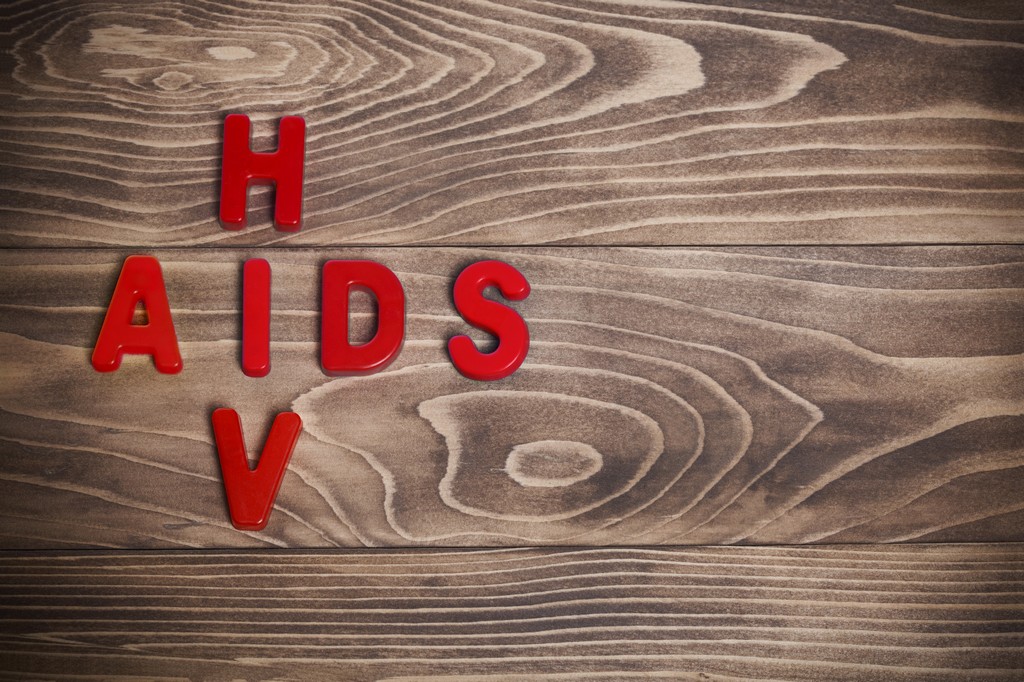Quitting smoking can lower HIV patients' cancer risk, but lung cancer risk remains high

Smokers living with HIV are at increased risk for smoking-related cancers. However, quitting smoking can significantly lower that risk. A recent study has shown that, one year after quitting smoking, people with HIV have the same risk for most cancers as nonsmokers.
However, lung cancer is the exception to this rule. One year after quitting smoking, the risk for lung cancer among people living with HIV remains elevated – 11 times the risk for lung cancer among nonsmokers. The risk for lung cancer among people with HIV remained elevated throughout the study's 9-year follow-up period. After 5 years of not smoking, the risk for lung cancer among former smokers living with HIV is still 8 times the risk among nonsmokers. However, toward the end of those 5 years, there does appear to be a decrease in lung cancer risk among HIV-positive patients.
In contrast, with each year since quitting smoking, HIV-negative persons who quit smoking experience a consistent decline in the risk of lung cancer. Studies with longer follow-up are needed to determine whether and when people living with HIV might experience a decline in lung cancer incidence similar to that seen in HIV-negative persons who quit smoking.
Leah Shepherd, MPH, of University College London, pointed out that the study has had only 9 years of follow-up so far. “I think that if we follow these people out longer we will see a decline in the risk of lung cancer. We did see a decline in other smoking-related cancers.”



